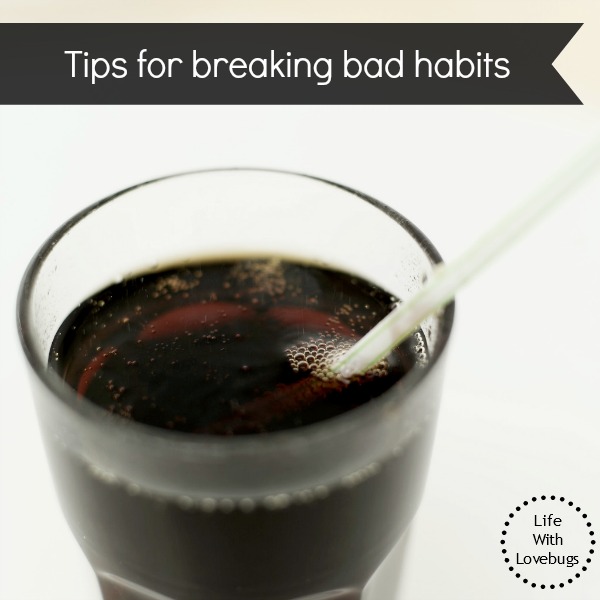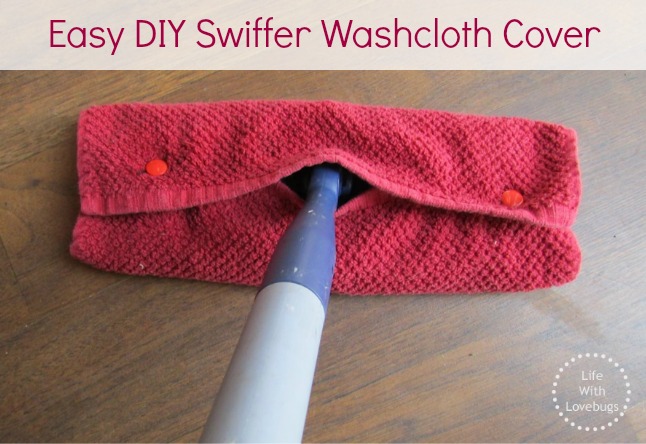How to Break Bad Habits
Last week I gave up Diet Coke… eek! As a health and fitness professional how can I expect my clients to make huge dietary, fitness, and lifestyle changes if I myself can’t?
So it got me thinking about our bad habits. We all have a few, or maybe just 1. I used to justify my Diet Coke by saying it’s my only vice. I rarely drink alcohol, I don’t drink coffee, and I don’t have any problems with food, sugar, cheese, carbs etc. I eat really well. But just because I could justify it that way, doesn’t instantly make it okay. Funny thing about our human nature, how we are so good at justifying things to the way we want to see them.
When I talk with my clients about making fitness changes and goals, we always use 45 days. It takes about 23 days, depending on the habit, according to psychology.com to break a bad habit and another 30 or so to reinforce a good habit or to ensure the habit has been broken. So start with setting a calendar of how you will go about structuring your plan. For fitness we find 10 minutes every morning and evening to implement small routines that will be done every day even if the client is also coming in for a full workout. Remember there are 24 hours in a day, if you sleep 8, workout for 1 and sit on your buns for 10 hours that 1 hour isn’t being reinforced. If you can reinforce that 1 hour with a few 10 min segments of stretching and core work you will achieve your goals of feeling better and being consistent much faster.
Here are 3 questions to ask yourself from Effective advice for lasting habit change, a post written by Ian Newby-Clark for psychologytoday.com:
1. What kind of habit are you trying to establish? Some will be easier to establish than will others. For example, if you’ve been eating the same fat-laden sugar-rich lunch for the past 10 years and you’ve decided to switch to salad, it’s going to take some time. There will be setbacks. But, if you’re “tweaking” some behavior of yours, the time to habit change will likely be much shorter. That’s one of the reasons why I recommend that people take baby-steps when they are changing a behavior. You’ll see some progress fairly quickly. You can solidify that progress and move on from there.
2. What are the benefits to continuing with your bad habit? We have bad habits because they give us short-term payoffs. It’s that feeling of a juicy burger melting in our mouths, or gleefully sinking into the couch instead of schlepping to the gym. To be sure, you’re not the biggest fan of yourself for having a bad habit, but you wouldn’t have it if there weren’t some benefit. I don’t know too many people who regularly hit themselves over the head with a big stick. Although, some behaviors do come kind of close to that.
The more immediate and tasty the payoff, the harder it will be to break the bad habit and replace it with a good one.
3. How often/automatically do you perform the bad behavior? The more often/automatically you do it, the harder it will be to change it. After all, you have to be aware that you’re doing something bad in order to replace it with something good.
That last point reminds me of the one of the steps for effective habit change: Repeat, repeat, repeat! It’s like learning to drive a car. If you drive, you must have remarked to yourself how easy it is to motor along now compared to when you first learned. You don’t have to coach yourself through every move (check my blind-spot, signal . . . ) You just do it. That’s because of one thing and one thing only: Lots and lots of practice. Repeat, repeat, repeat.
So let’s get going! We can do this together!
Have questions about your health and fitness? Comment below!
![]()




